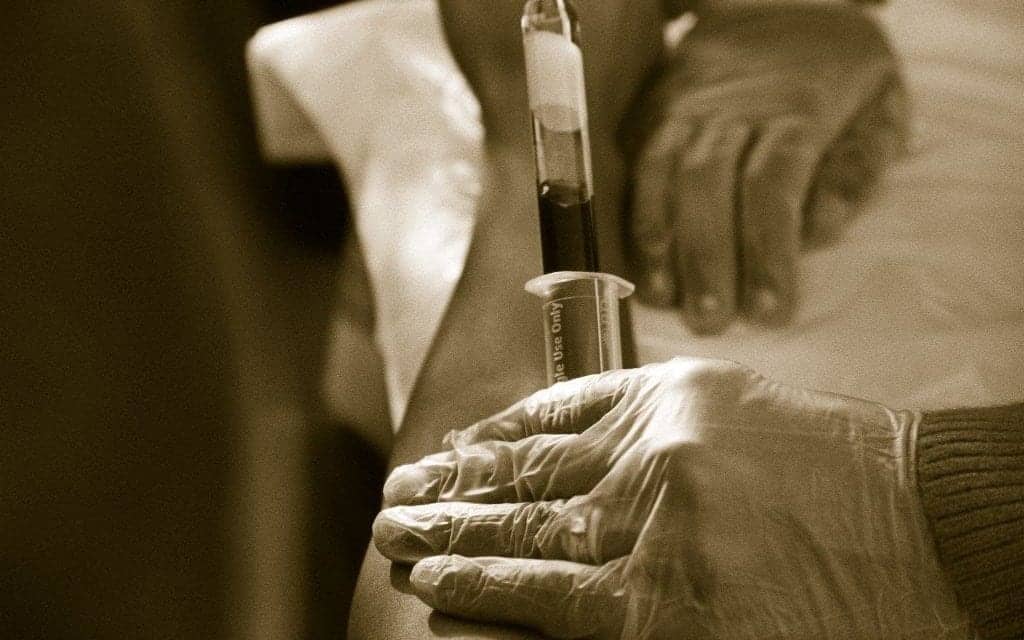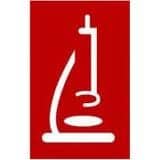An international team of researchers has identified biological markers in the blood of latently infected people that may give doctors a tool they have long sought: a way to predict who is at high risk of developing active tuberculosis (TB).1
If validated through additional clinical trials, a test based on these blood biomarkers would allow doctors to target therapies to at-risk people, thus preventing them from getting sick.
The decade-long research effort was led by investigators from the South African tuberculosis vaccine initiative at the University of Cape Town, and the Center for Infectious Disease Research, Seattle. It was funded in part by the National Institutes of Health.
The biomarkers were identified in two stages. First, researchers collected blood samples for 2 years from more than 6,000 Mycobacterium tuberculosis (Mtb)-infected but otherwise healthy adolescent volunteers in South Africa. Analysis of the samples revealed patterns of gene expression that differed among volunteers who eventually developed TB and those who remained healthy. This risk “signature,” confined to a set of 16 genes, could be detected in a blood sample as early as 18 months before the infected person developed active TB.
The team then confirmed the genetic risk signature’s predictive ability in a study of more than 4,500 volunteers in South Africa and Gambia. Volunteers in this study were healthy but lived with people who had recently been diagnosed with active TB. The second study group was more varied in age, health status, ethnicity, and exposure to locally common strains of Mtb than volunteers in the first study. Despite the differences, the same risk signature found in the first study was detected in the people who eventually developed active TB during the second trial.
One-third of the world’s population is thought to be infected with Mtb, the bacterium that causes TB, but just a small fraction ever develops symptomatic illness.
REFERENCE
- Zak DE, Penn-Nicholson A, Scriba TJ, et al. A blood RNA signature for tuberculosis disease risk: a prospective cohort study. The Lancet; published online in advance, March 23, 2016; doi: 10.1016/S0140-6736(15)01316-1.





